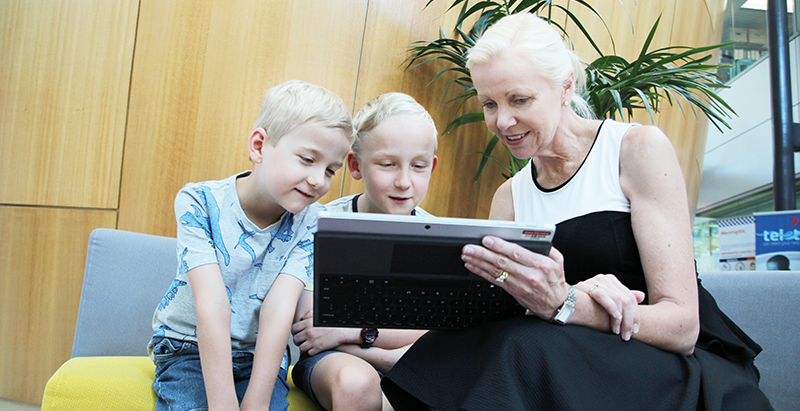Search
Research
Cyber AgressionInformation and communication technology has allowed individuals to engage in aggressive behavior on multiple distinct platforms with different capabilities
Research
If it’s about me, why do it without me? Genuine student engagement in school cyberbullying educationThis study reports on a three-year group randomized controlled trial, the Cyber Friendly Schools Project (CFSP), aimed to reduce cyberbullying among grade 8...
Research
Bullying behaviour following students’ transition to a secondary boarding school contextThis study investigated the prevalence and types of bullying behaviour that boarding students experienced during the transition to a secondary boarding school.
Research
Protecting and Promoting Young People’s Social and Emotional Health in Online and Offline ContextsYoung people's use of mobile phones and access to the Internet have increased dramatically in the last decade, especially among those aged 9-15 years.

News & Events
Anti-bullying champion Professor Donna Cross inducted into WA Science Hall of FamePioneering anti-bullying researcher Emeritus Professor Donna Cross OAM was last night announced as the latest inductee into the WA Science Hall of Fame.

News & Events
Cyberbullying work finds international audienceSchools from around the globe have turned to The Kids Research Institute Australia, seeking access to invaluable lessons learned from Australian students on how to effectively reduce harm from cyberbullying.

Research
School physical design and its relation to bullying and student well-beingThe school environment profoundly influences children's development, behaviours, and attitudes. This chapter delves into the relationship between school design and architecture, and their impact on bullying, victimisation, inclusivity, and student well-being. Research underscores the significant impact of school design on student social dynamics, advocating for collaborative efforts among stakeholders to craft effective anti-bullying policies.
Research
Pathways of Socioeconomic Disadvantage and Peer Bullying in Children and Youth: A Scoping ReviewGrowing up in socioeconomic disadvantage increases risk of peer bullying at school. Both socioeconomic status and involvement in bullying are predictive of a range of adverse developmental outcomes. However, neither (a) the mechanisms whereby disadvantage increases bullying risk nor (b) the developmental outcomes for which bullying may mediate disadvantage are clear.
Research
Why did you do that? Differential types of aggression in offline and in cyberbullyingTraditional conceptualizations of aggression distinguish between reactive (e.g., rage) and proactive (e.g., reward) functions of aggression. However, critiques of this dichotomy have pointed out these models conflate motivational valence and self-control.
